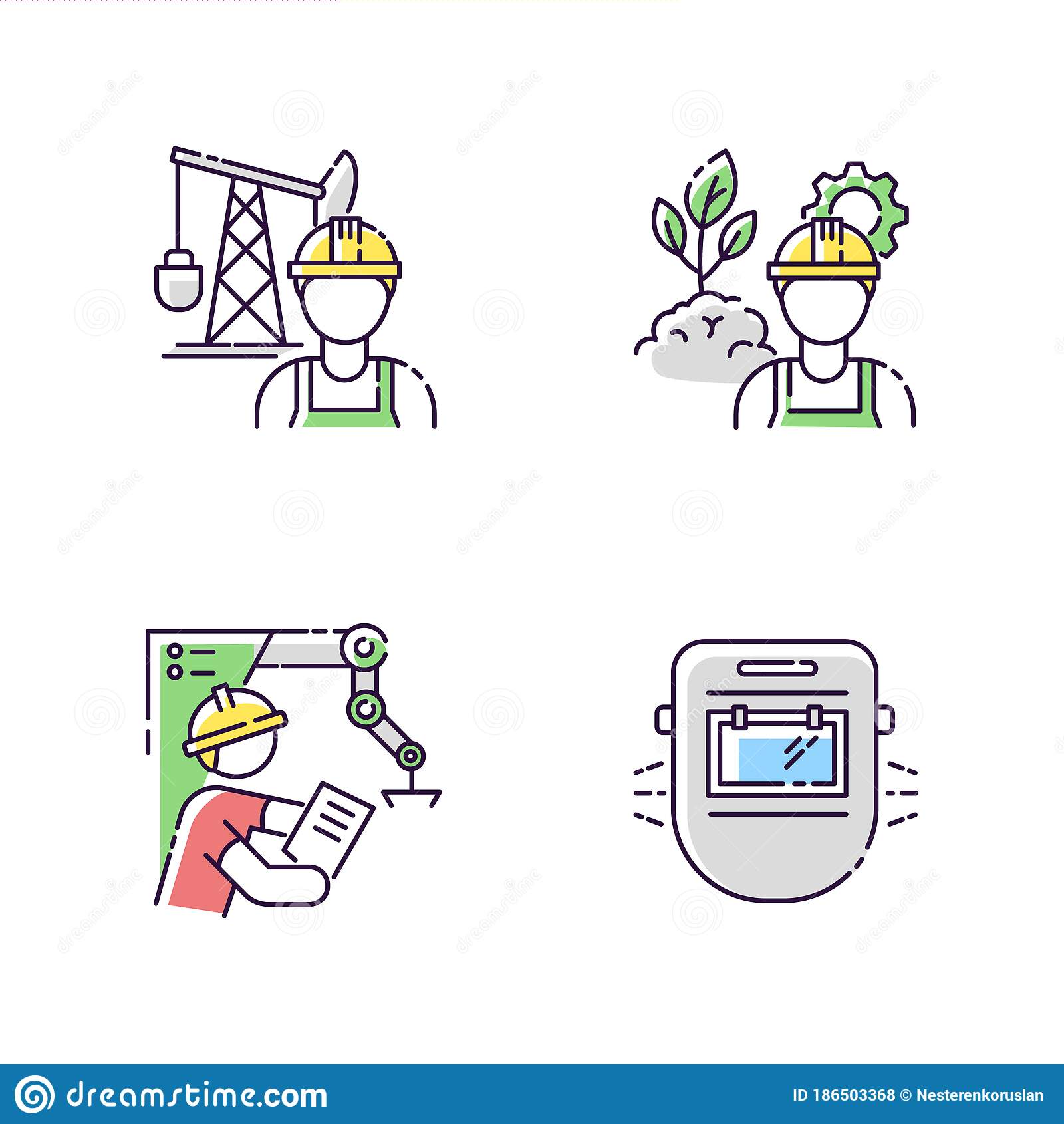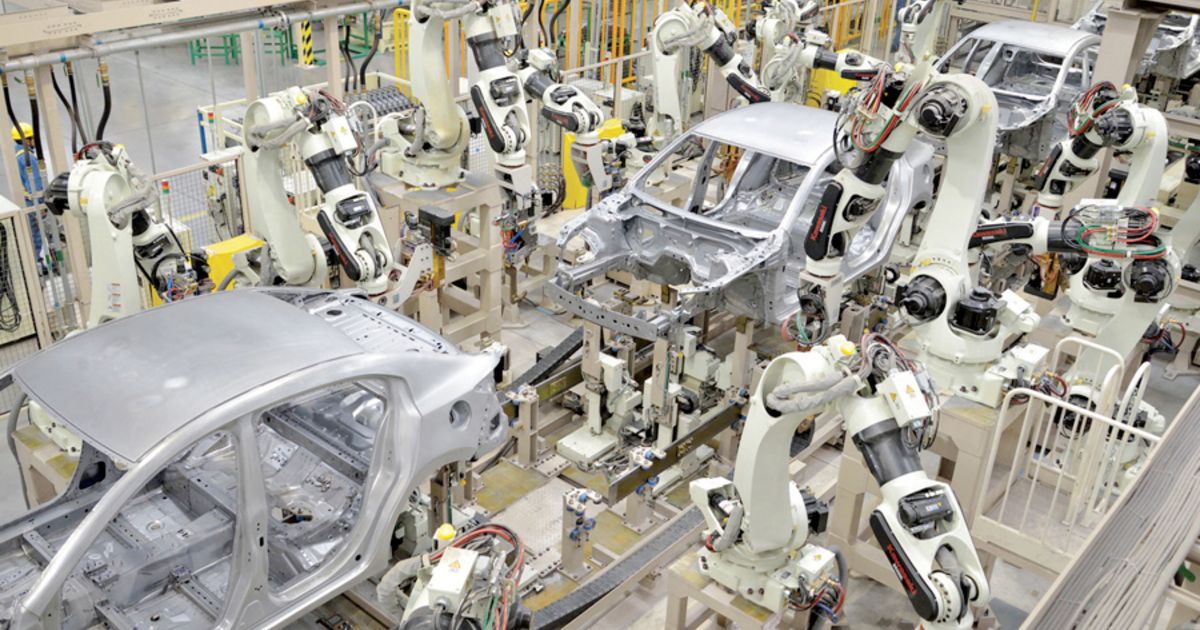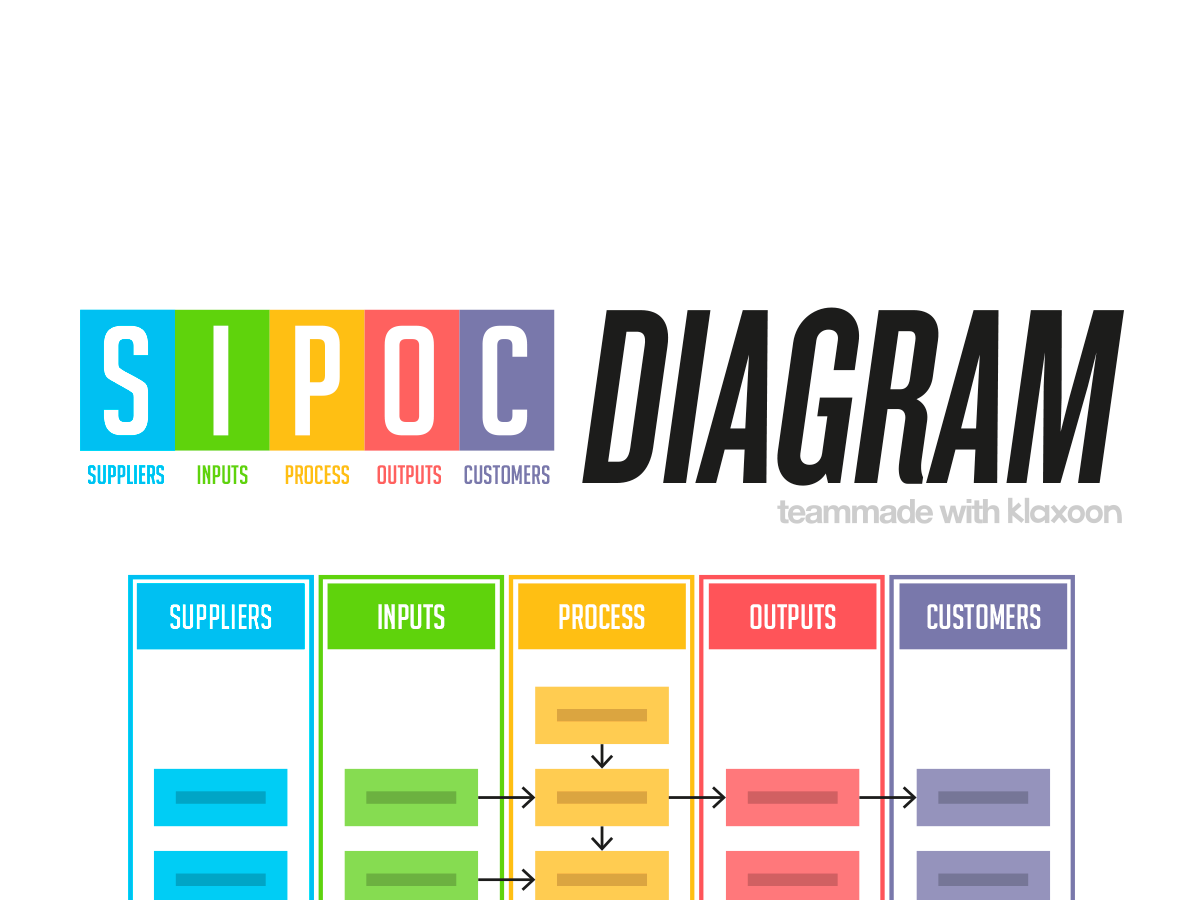
Are you searching for jobs in logistics in New Jersey? These jobs require a variety of skills and can be held in a variety of settings. It is preferred to have a bachelor's. These qualifications are required if you wish to be a logistics manager. These skills include the ability work independently and to solve problems. It is important to have a positive attitude, be a problem-solver and possess a positive mindset.
A bachelor's Degree is Required
To be eligible for jobs in logistics, you need a Bachelor’s degree from an accredited college, plus 4+ years relevant experience. You also need proven time-management and organizational skills. Strong communication skills are essential, as well as a command of English. You should also be able to analyze data and have proven leadership skills.

A Bachelor's degree in logistics in New Jersey is a prerequisite for many of these positions. Although most jobs in this industry are low-skilled, you can still make a lot by applying your skills to other industries. New Jersey has many middle skilled jobs that require people with specialized training. NJCU offers one of these programs at the Center for Workforce and Community Development.
Employers will accept a work experience in logistics as an alternative to a college education. Experience can help you be more marketable and increase the likelihood of being hired. You may have a job as a customer service representative or freight agent if you have a bachelor's degree in logistics. The opportunity to move up in the logistics industry will be there if you have enough experience and your credentials are strong. Furthermore, you could also pursue postsecondary education in logistics like teaching or research.
A bachelor's degree in engineering is preferred
A number of logistics positions require a bachelor’s level degree. Often, a bachelor’s in a related field is preferred. A bachelor's degree is preferred by employers because it allows them to deal with complicated supply chains as well as transportation laws. Students who complete a bachelor's program in logistics will have a broad understanding of the industry, which can help them develop their professional networks. As a customer service representative, or as a freight agent, you could start your career in logistics. Management positions might become available if you have the right qualifications and training. Research, consulting, and teaching are all options for higher-level logistics jobs.
Employers prefer to have a bachelor's level in logistics. But, associates can also be accepted. You may be able to substitute education with relevant work experience. Job seekers can also get certifications in specific industry fields, such as data analysis or warehouse management. In New Jersey, however, a bachelor's is preferable for jobs in logistics. A bachelor's in logistics will provide you with the necessary knowledge to understand how supply chains work. Many companies require a bachelor’s in logistics, especially if they are involved with large-scale transactions.

If you are interested in a career as an Industrial Engineer, a bachelor's degree is required as well as experience in manufacturing or industrial facilities. A bachelor's degree is required in order to work as an Industrial Engineer. You also need to have knowledge of the municipal coding rules. A Industrial Engineer must have at least six years' experience in a related field and should be familiar with working conditions in similar industries to those you are applying.
FAQ
What are the responsibilities of a manufacturing manager
The manufacturing manager should ensure that every manufacturing process is efficient and effective. They should also be aware of any problems within the company and act accordingly.
They should also learn how to communicate effectively with other departments, including sales and marketing.
They should also be aware of the latest trends in their industry and be able to use this information to help improve productivity and efficiency.
What are manufacturing and logistic?
Manufacturing is the process of creating goods from raw materials by using machines and processes. Logistics is the management of all aspects of supply chain activities, including procurement, production planning, distribution, warehousing, inventory control, transportation, and customer service. Logistics and manufacturing are often referred to as one thing. It encompasses both the creation of products and their delivery to customers.
What are the logistics products?
Logistics is the process of moving goods from one point to another.
They encompass all aspects transport, including packaging and loading, transporting, storage, unloading.
Logisticians ensure that the right product reaches the right place at the right time and under safe conditions. They help companies manage their supply chain efficiency by providing information on demand forecasts, stock levels, production schedules, and availability of raw materials.
They coordinate with vendors and suppliers, keep track of shipments, monitor quality standards and perform inventory and order replenishment.
Statistics
- It's estimated that 10.8% of the U.S. GDP in 2020 was contributed to manufacturing. (investopedia.com)
- In the United States, for example, manufacturing makes up 15% of the economic output. (twi-global.com)
- [54][55] These are the top 50 countries by the total value of manufacturing output in US dollars for its noted year according to World Bank.[56] (en.wikipedia.org)
- In 2021, an estimated 12.1 million Americans work in the manufacturing sector.6 (investopedia.com)
- Many factories witnessed a 30% increase in output due to the shift to electric motors. (en.wikipedia.org)
External Links
How To
How to Use Lean Manufacturing in the Production of Goods
Lean manufacturing (or lean manufacturing) is a style of management that aims to increase efficiency, reduce waste and improve performance through continuous improvement. It was developed in Japan during the 1970s and 1980s by Taiichi Ohno, who received the Toyota Production System (TPS) award from TPS founder Kanji Toyoda. Michael L. Watkins published the book "The Machine That Changed the World", which was the first to be published about lean manufacturing.
Lean manufacturing is often defined as a set of principles used to improve the quality, speed, and cost of products and services. It emphasizes the elimination of defects and waste throughout the value stream. The five-steps of Lean Manufacturing are just-in time (JIT), zero defect and total productive maintenance (TPM), as well as 5S. Lean manufacturing emphasizes reducing non-value-added activities like inspection, rework and waiting.
In addition to improving product quality and reducing costs, lean manufacturing helps companies achieve their goals faster and reduces employee turnover. Lean manufacturing has been deemed one of the best ways to manage the entire value-chain, including customers, distributors as well retailers and employees. Many industries worldwide use lean manufacturing. Toyota's philosophy has been a key driver of success in many industries, including automobiles and electronics.
Five basic principles of Lean Manufacturing are included in lean manufacturing
-
Define Value - Identify the value your business adds to society and what makes you different from competitors.
-
Reduce Waste – Eliminate all activities that don't add value throughout the supply chain.
-
Create Flow: Ensure that the work process flows without interruptions.
-
Standardize & simplify - Make processes consistent and repeatable.
-
Build Relationships- Develop personal relationships with both internal as well as external stakeholders.
Lean manufacturing, although not new, has seen renewed interest in the economic sector since 2008. Many companies have adopted lean manufacturing methods to increase their marketability. Many economists believe lean manufacturing will play a major role in economic recovery.
Lean manufacturing, which has many benefits, is now a standard practice in the automotive industry. These include higher customer satisfaction levels, reduced inventory levels as well as lower operating costs.
Lean manufacturing can be applied to almost every aspect of an organization. This is because it ensures efficiency and effectiveness in all stages of the value chain.
There are three main types:
-
Just-in-Time Manufacturing (JIT): This type of lean manufacturing is commonly referred to as "pull systems." JIT is a method in which components are assembled right at the moment of use, rather than being manufactured ahead of time. This approach reduces lead time, increases availability and reduces inventory.
-
Zero Defects Manufacturing, (ZDM): ZDM is focused on ensuring that no defective products leave the manufacturing facility. It is better to repair a part than have it removed from the production line if it needs to be fixed. This is also true for finished products that require minor repairs before shipping.
-
Continuous Improvement (CI), also known as Continuous Improvement, aims at improving the efficiency of operations through continuous identification and improvement to minimize or eliminate waste. Continuous Improvement (CI) involves continuous improvement in processes, people, tools, and infrastructure.